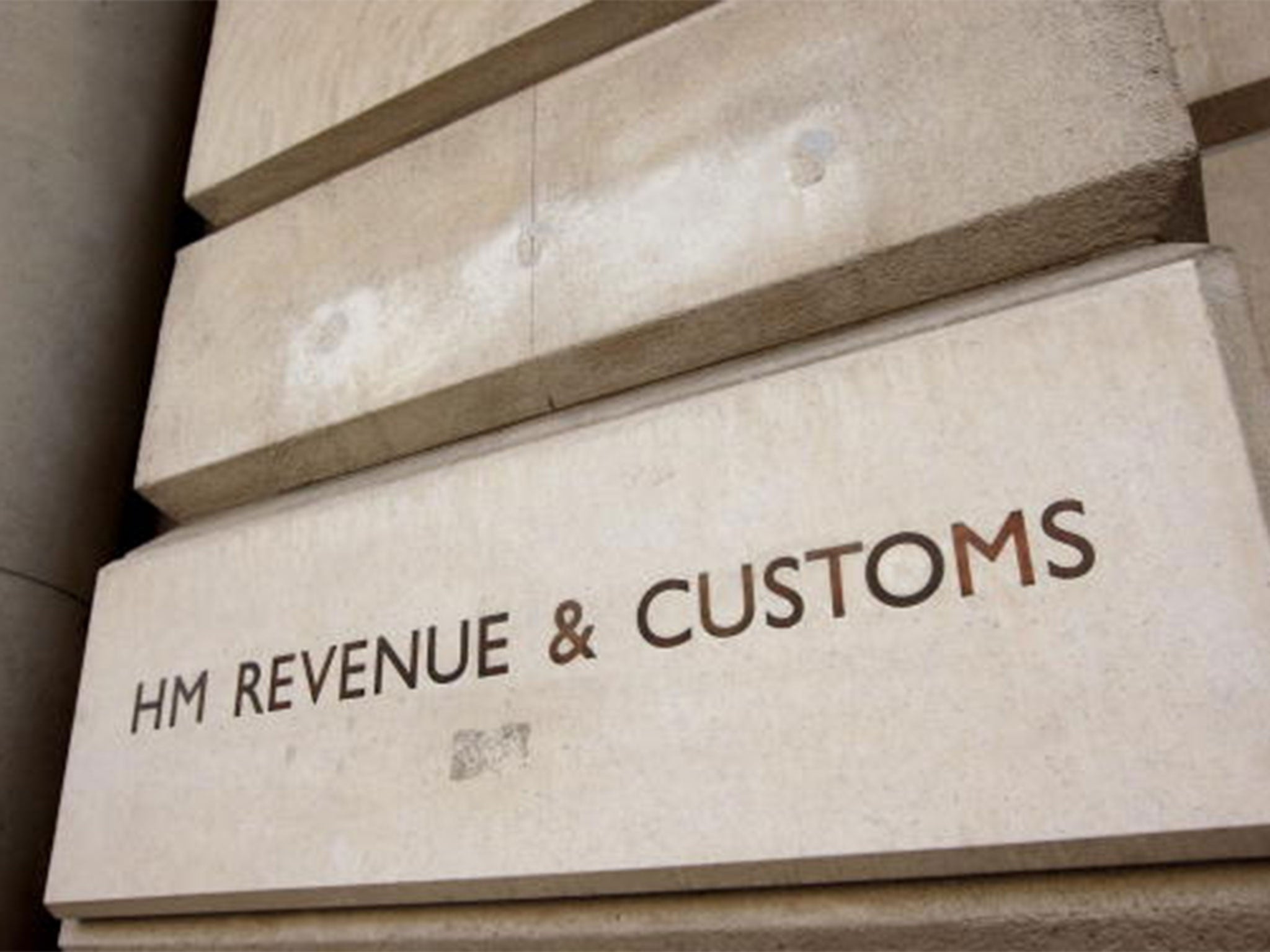Coronavirus pandemic leads to £70bn fall in taxes collected
Total take more than a quarter lower than in same period last year, says auditor

Your support helps us to tell the story
From reproductive rights to climate change to Big Tech, The Independent is on the ground when the story is developing. Whether it's investigating the financials of Elon Musk's pro-Trump PAC or producing our latest documentary, 'The A Word', which shines a light on the American women fighting for reproductive rights, we know how important it is to parse out the facts from the messaging.
At such a critical moment in US history, we need reporters on the ground. Your donation allows us to keep sending journalists to speak to both sides of the story.
The Independent is trusted by Americans across the entire political spectrum. And unlike many other quality news outlets, we choose not to lock Americans out of our reporting and analysis with paywalls. We believe quality journalism should be available to everyone, paid for by those who can afford it.
Your support makes all the difference.Taxes paid in the UK over the five-month period after the arrival of coronavirus were almost £70 billion lower than the previous year in cash terms, Whitehall’s spending watchdog has revealed.
The massive sum amounts to 26 per cent of the total expected take between April and August.
The National Audit Office said it reflected the “significant impact” which the pandemic has had on economic activity, as well as chancellor Rishi Sunak’s decision to defer some payments to help companies weather the Covid storm.
HM Revenue & Customs took in £38bn less in VAT receipts than the previous year, largely due to deferral of payments, while there were also reductions in the total amount of income tax and national insurance contributions paid.
In his report on the HMRC annual accounts, auditor general Gareth Davies said that the department had paid out some £39.3bn by September in furlough payments to keep 9.6m employees in work during Covid restrictions, as well as £13.4bn to support 4.8m self-employed people.
HMRC has estimated the level of fraud and error in the schemes to be between £2.1bn and £4.2bn.
But constraints caused by Covid forced HMRC to cut back its compliance work, taking in £7.5bn between April and June compared to £15.4bn in the same months last year.
Meanwhile, the department has spent £66.5m enabling the bulk of its 58,592 staff to work from home during the pandemic. And some 9,067 staff were reallocated to Covid-related roles.
Disruption caused by the pandemic saw average waits to answer the telephone peak as high as 15 minutes in May, the NAO found.
The chair of the House of Commons Public Accounts Committee, Labour MP Meg Hillier, said: “HMRC was under strain even before Covid. More and more staff were being moved to work on Brexit and customer service was suffering.
“It responded to Covid very quickly, redeploying staff and developing vital support schemes from scratch. The speed of its response was commendable.
“However the new schemes are open to abuse and HMRC’s depleted compliance teams have brought in billions less than they normally do.
“HMRC needs to quickly make up for lost time and make sure tax cheats don’t profit from the pandemic.”
Join our commenting forum
Join thought-provoking conversations, follow other Independent readers and see their replies
Comments